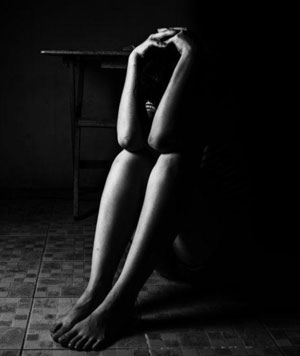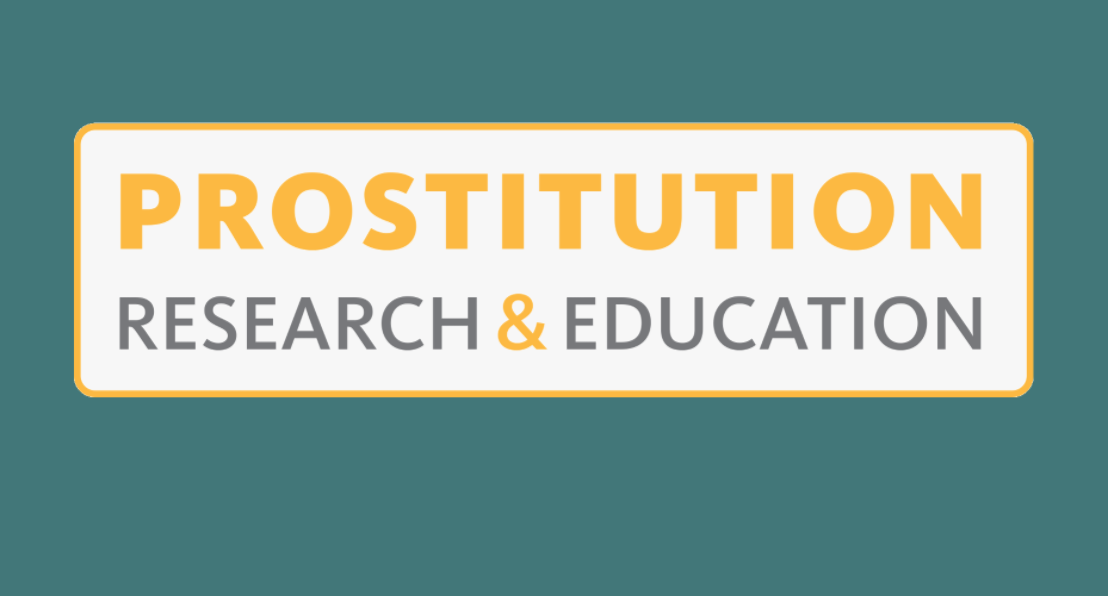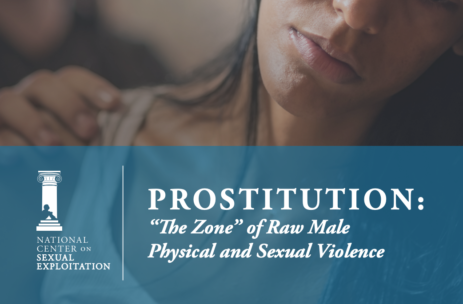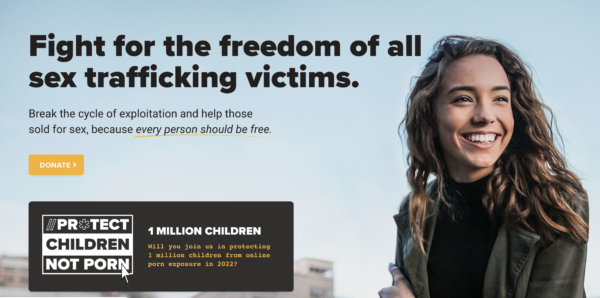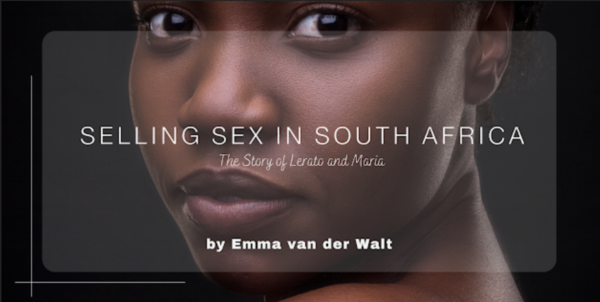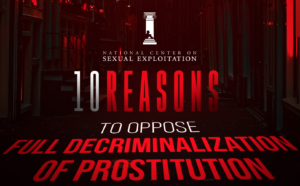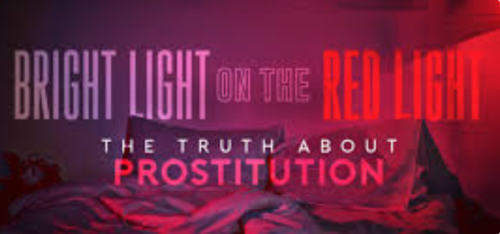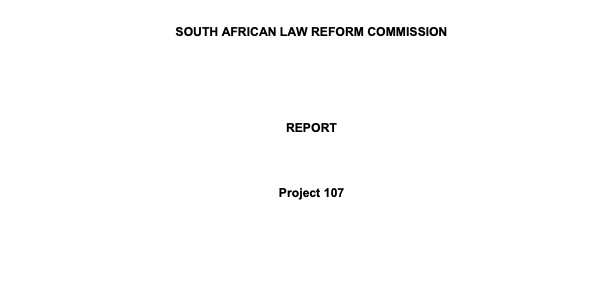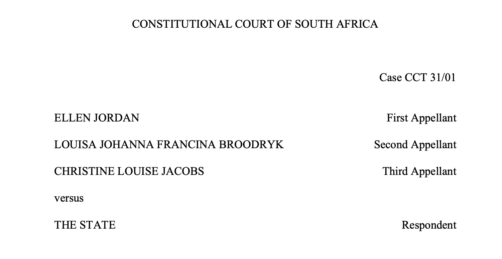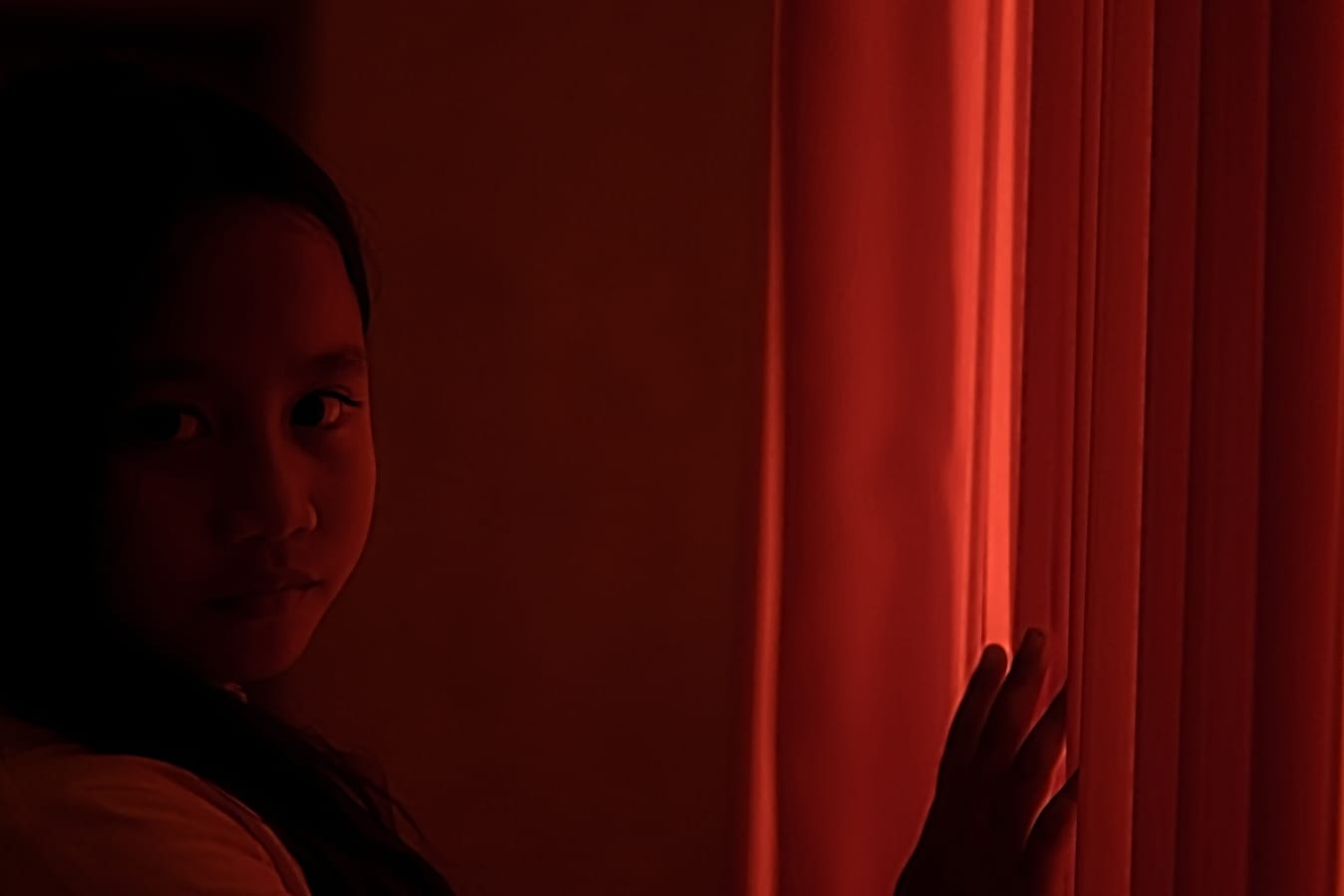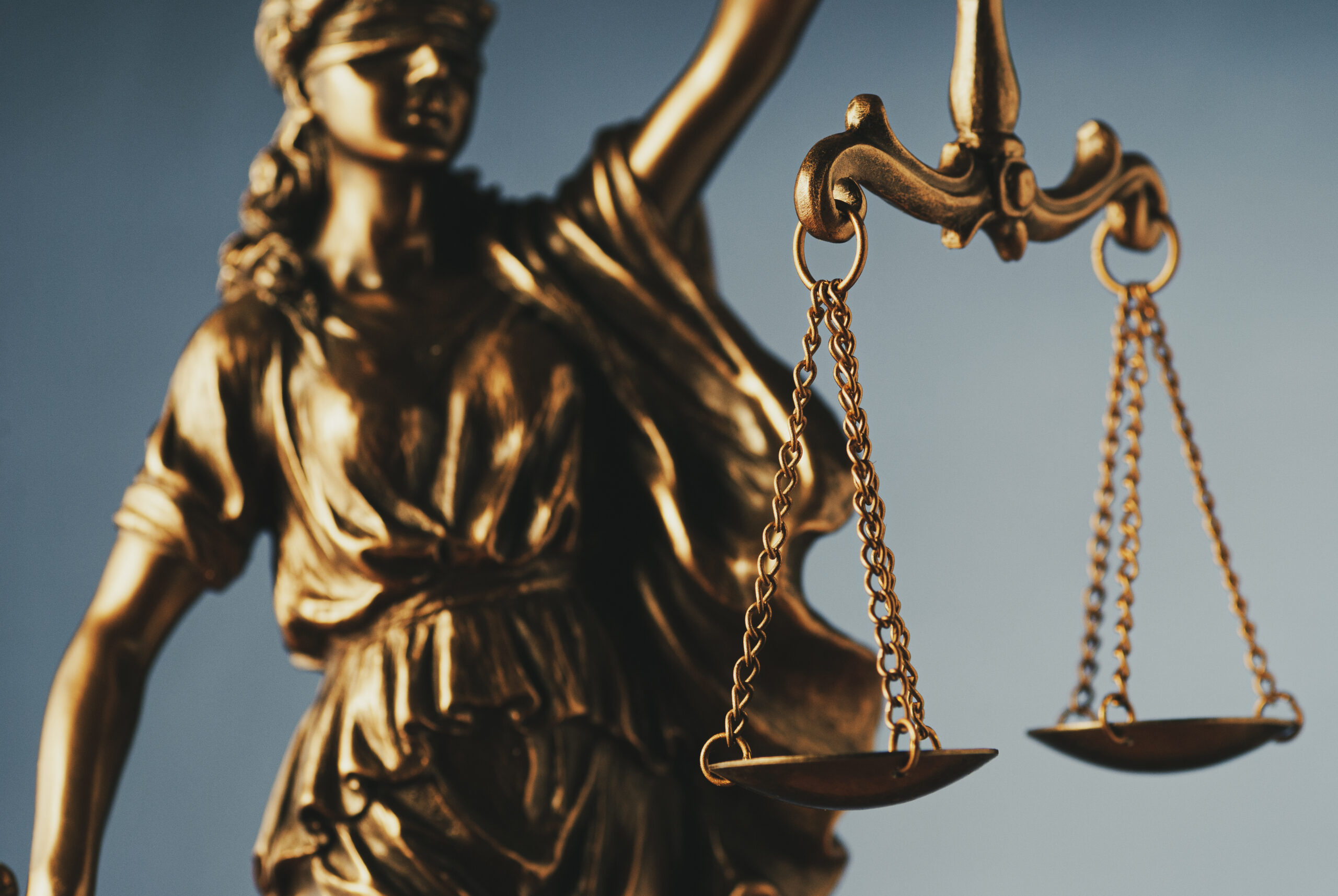COLLECTIVE AGAINST SEXUAL EXPLOITATION
We are a collective dedicated to eradicating sexual exploitation in South Africa. The Collective Against Sexual Exploitation (or ‘CASE’, for short) consists of, amongst others:
- Survivors of the system of prostitution,
- Civil Society Organisations working in diverse fields ranging from law and policy work, to working on the ground to assist exploited individuals and families escape the exploitation of prostitution,
- Researchers and academics,
- Anti-Trafficking programmes,
- And others
Together we oppose the full decriminalisation of prostitution, based on the lived experiences of prostituted persons / survivors of the system of prostitution, as confirmed by independent research evidence.
WHY MUST WE MAKE A STAND?
We stand for HUMAN DIGNITY and against SEXUAL EXPLOITATION.
We believe people deserve better choices for making a living than having to submit to the system of prostitution in order to survive. All people – women, children and men – have the right to flourish and to be protected from sexual abuse and exploitation.
It is an indisputable fact that prostitution violates human dignity and is inherently exploitative. Research evidence confirms that if we truly care about people who are exploited in the system of prostitution, full decriminalisation of prostitution is NOT an option.*
“To be prostituted is humiliating enough; to legalize prostitution is to condone that humiliation, and to absolve those who inflict it. It is an agonizing insult.”
(Rachel Moran – prostitution survivor, activist, and author)
OUR COLLECTIVE MISSION
1. Is to ensure that –
- Demand (for prostitution) – i.e. ‘sex-buying’, treating people as products for consumption; and
- The ‘sex trade industry’ – i.e. pimps, brothels and others profiting from the sexual abuse and exploitation of prostituted persons remain criminalised and are pro-actively and effectively prosecuted.
2. To advocate for the prioritisation of creating viable alternatives/opportunities for vulnerable and marginalised individuals to either exit the system of prostitution or to not enter prostitution in the first place.
SAY NO TO SEXUAL EXPLOITATION, BROTHEL-KEEPING, AND PIMPING IN SOUTH AFRICA
The South African government (Department of Justice and Constitutional Development) is currently conducting consultative meetings with various stakeholders to discuss whether adult prostitution should be fully decriminalised.
THE TRUTH IS: Prostitution is in itself a gross violation of human dignity and is inherently exploitative. It exploits the vulnerability of those who are desperate to survive and provide for their family. And turns women into products in servitude to a system built on gender inequality.
Eradicating prostitution is the only way to stop the abuse and exploitation experienced by prostituted persons. If we care about women, children and men who are exploited in the system of prostitution, full decriminalisation is simply NOT an option.
That is why the South African Law Reform Commission, after a thorough and wide-ranging research and public consultation project spanning thirteen years, concluded that adult prostitution in South Africa should not be fully decriminalised. In their Report on Adult Prostitution, published in 2017, they recommend only two possible law reform responses, based on the best evidence and research:
- Total criminalisation: coupled with opportunities to divert out of the criminal justice system and to exit prostitution, by accessing supportive resources and systems to address their vulnerability and marginalisation through up-skilling and education, or
- Partial criminalisation: All role-players and activities are criminalised, except for the prostituted persons (who are sold or are forced to sell themselves, for sex, as a means of survival or third-party exploitation, which is often difficult to differentiate).
The origin of prostitution is dire socio-economic circumstances, coupled with a culture that promotes commodification/devaluation of people to meet the demand for commercial sex. Therefore, the only way to effectively eradicate the harms of prostitution is to address the socio-economic circumstances that give rise to it, and keep those who benefit from the exploitation of others’ vulnerability accountable. The challenge to eradicate prostitution is ultimately a developmental one, and of political will.
WHAT CAN YOU DO TO HELP ?
RAISE YOUR VOICE WITH US TO SAY NO TO LEGALISED SEXUAL EXPLOITATION, BROTHEL-KEEPING, AND PIMPING IN SOUTH AFRICA!
#YourVoiceMatters #EndSexploitation in South Africa #ProstitutionIsNOTwork #StopTheDemand #AbolishProstitution #TruthMatters
Sign the Petition
By signing this petition, you can stand with us for HUMAN DIGNITY and against EXPLOITATION. Join us in getting this critical message to the South African government and our law-makers: Together, let us say –
STOP THE DEMAND
- Do not legalise sex buying. It should remain a criminal offence.
- Proactively prosecute sex buyers to put an end to sexual abuse and exploitation of persons trapped in prostitution.
ERADICATE THE SEXUAL EXPLOITATION INDUSTRY / ABOLISH THE SYSTEM OF PROSTITUTION
- Do not decriminalise the activities of pimps, brothels and others benefiting from the sexual abuse and exploitation of women, children and men in the system of prostitution.
- Proactively prosecute those who enrich themselves by selling women, children and men for sex.
RATHER HELP VULNERABLE AND MARGINALISED WOMEN, CHILDREN AND MEN
- By providing them with viable opportunities to exit the system of prostitution for good, or
- To not enter the system of prostitution in the first place, by empowering them with skills, education and job opportunities that are better than having to submit to the system of prostitution in order to survive.
WHAT ARE THE FACTS?
Get the facts. In this section you can read survivor accounts, blog articles, research reports, case studies and academic papers – on why full decriminalisation of prostitution is a bad idea.
Prostitutionresearch.com
Focusing on providing knowledge and advocacy for good policy and the promotion of public awareness about the commercial sexual exploitation of women through prostitution, pornography and trafficking
NCOSE Violence In Prostitution Booklet
“The perception of persons in prostitution as disposable people was captured in this statement from a sex buyer, “For me, being with a prostitute is not a relationship. It’s like having a cup of coffee, when you’re done, you throw it out.”
Exodus Cry
The sexual exploitation industry is driven by the demand of men and necessitates a constant supply of women and children who are sold for the profit of pimps, traffickers, and other predatory stakeholders.
Selling Sex in South Africa
Walking down a street in a place called Springs, located in the East Rand of Johannesburg. On the corners are multiple women selling their bodies. I stop and talk to some of the ladies as I always do, listening to their stories, asking if I can help or pray with them.
10 Reasons to oppose Full Decriminalization of Prostitution
Prostitution is the exchange of sex acts for money or other things of value such as food or shelter. Those advocating for full decriminalization present prostitution as a job like any other, but that’s deceptive.
Why Sex buyers must be stopped and how to do it
Is ending sexual exploitation possible? Yes, but only by addressing the root cause: the sex buyer. Without those who choose to buy other people for sex, there would be no prostitution and no sex trafficking.
Bright Light on the Red Light
Prostitution is commonly defined as the exchange of sexual conduct for money or other things of value (such as food or shelter). Those profiting from prostitution present it as harmless, much like any other commercial transaction, but the reality for people in prostitution is far darker.
South Africa Law Reform
Prostitution is the exchange of sex acts for money or other things of value such as food or shelter. Those advocating for full decriminalization present prostitution as a job like any other, but that’s deceptive.
Constitutional Court Case
Is ending sexual exploitation possible? Yes, but only by addressing the root cause: the sex buyer. Without those who choose to buy other people for sex, there would be no prostitution and no sex trafficking.
Magosha with 9 years experience speaks out after quitting s.e.x
A former magosha is on a mission to restore the dignity of women who’ve left the trade.
Hildah Tlou-Maseko (37) from Kabokweni, Mpumalanga, is the founder of the Impumelelo Yethu Foundation, which helps women leave the industry.
DEFENDING A PROSTITUTE’S DIGNITY STARTS WITH SAYING ‘NO’ TO FULL DECRIM
On 8 February 2022, the Department of Justice and Constitutional Development re-opened the South African prostitution law reform debate. The Deputy Minister has been meeting with various stakeholders to discuss policy options – including the full decriminalisation of prostitution.
LAW REFORM COMMISSION FINDS – UNEQUIVOCALLY – PROSTITUTION SHOULD NOT BE FULLY DECRIMINALISED
A burning question: what the best legal regime is for governing adult prostitution in South Africa – for both persons in prostitution and South African society in general?
With the prostitution law and policy process underway, it is more important than ever to understand how fundamental rights, especially human dignity, will be impacted by different legal responses to prostitution.
MAKING SENSE OF THE PROSTITUTION LAW REFORM DEBATE
The Department of Justice and Constitutional Development is set to reform South African prostitution law. Currently, adult prostitution, i.e. the selling or buying sexual services and all prostitution-related activities, is criminalised in its entirety. The legal status of prostitution has far-reaching implications – not only for prostituted persons but society in general. South Africans are being called upon to make an informed decision about what the legal status of prostitution should be.
EU REPORT REVEALS COUNTRIES WITH LEGALIZED PROSTITUTION HAVE HIGHER RATES OF TRAFFICKING
The European Parliament recently commissioned a report to assess the differing prostitution regulations in European Union Member States and current sex trafficking and related data. The aim of this report was to identify and evaluate the risks in Member States employing different legislative approaches to prostitution, and to suggest ways to reduce these risks.
MEDIA
Watch informative videos and listen to insightful interviews.
Is Prostitution a Choice?
People say that prostitution is a choice. But is it?
Is Prostitution a Job?
Prostitution is a system of gender inequality. Within this system of inequality, women in prostitution routinely experience violent, exploitative, and dehumanizing acts, at the hands of sex buyers and pimps, that are incomparable to any other profession.
Should Prostitution be Legalised?
In this system, men become even more entitled and emboldened, and women become even more objectified and exploited.
The Key to Ending Sex Trafficking
The KEY to Ending Sex Trafficking: Join the movement to stop the business of sexual exploitation.
How to be an Abolitionist:
There are currently an estimated 42 million people trapped in prostitution. 98% are women and children. But the fight is the same. Like Wilberforce, we must create a mindset shift in our society and change the laws that enable the commodification of women.
Prostitution is Neither Sex Nor Work:
Check out the video of CAP International 3rd World Congress against the sexual exploitation of women and girls in Mainz, Germany.
Human Trafficking Interview:
Listen and find out why fully decriminalising prostitution will have an horrific impact on increasing human trafficking.
Bus Brothers – Carte Blanche:
They call them Bus Brothers – the long-distance truck drivers who stop in small, impoverished towns along the main freeways between Johannesburg and Cape Town to buy sex from underage girls
Evidence of Exploitation:
The Links Between Pornography and Sex Trafficking
Survivor Testimony:
Listen to Ayanda Denge’s heart wrenching story of surviving the system of prostitution and exploitation.
Sign the Petition:
Learn more about why you should Sign the Petition against the decriminalisation of prostitution
Follow, Like, Share on Social Media
Error validating access token: The user has not authorized application 222116127877068.


